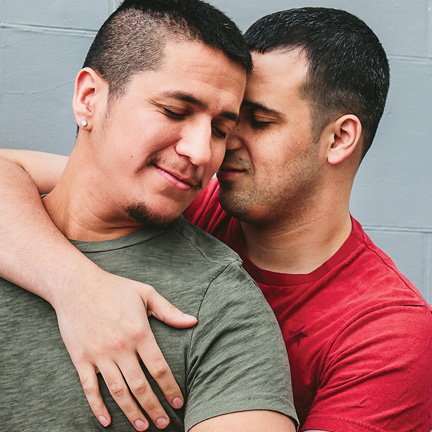There are two main types of HIV tests: those that look for HIV antibodies and those that look for the virus itself.
No matter what kind of HIV test you get, there is a short period of time right after infection when the tests won't be able to detect signs of HIV, even if you have it. This is called a "window period." If you get tested too soon (during the window period), your results may be wrong. How long you must wait depends on the type of test you take.
Your provider will tell you which test is right for you. Learn more.
Today, most clinics use a test that can detect HIV within a few weeks after infection occurs. These tests find signs of the HIV virus before your body mounts an immune response. Many older tests detect HIV infection only after the body has started producing antibodies against it. Newer 4th generation tests look for a protein contained in the HIV viral core. RNA tests look for the genetic material of the virus itself. Both of these tests can detect HIV usually within two weeks after infection.
The HIV home test kits available in pharmacies are antibody tests. They can only pick up HIV you got more than three months ago. Go to your doctor or clinic immediately if your home test is positive. Your provider will do a more sensitive test to confirm whether or not you have HIV.
How privacy is protected
Some people are very concerned about keeping their HIV diagnosis private. If this worries you, ask your doctor or test counselor to explain how your privacy will be protected. Your test and the result are confidential. You will be able to discuss your result with your doctor or counselor, whether it is positive or negative. They will also help you to find any help and support you might need. Testing can also be anonymous (you can choose not to use your real name). No proof of residence or nationality is required to receive a test. For all tests an accurate date of birth and zip code are requested, however.

